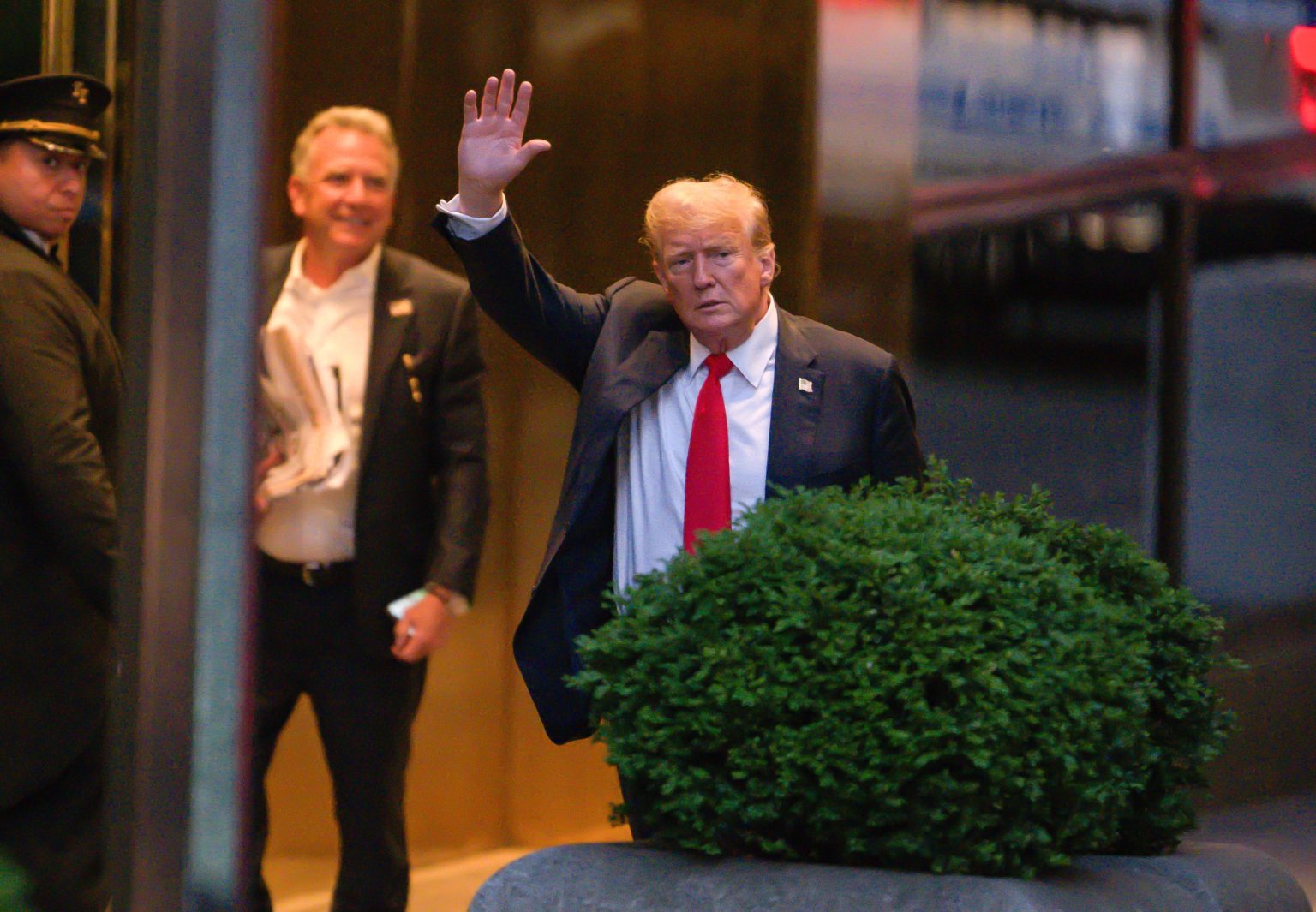In the hush money case against former President Donald Trump, his defense team has been criticized for focusing too heavily on attacking Michael Cohen instead of addressing the weaknesses in the prosecution’s case. Greg Germain, a law professor at Syracuse University, called the decision to concentrate on Cohen “foolish” and risky, as the real vulnerability lies in the charges themselves. Trump, who is the presumptive 2024 Republican presidential nominee, faces 34 counts of falsifying business records related to hush money payments to Stormy Daniels during his 2016 campaign.
Daniels, an adult film star, claimed she had an affair with Trump in 2006, which he denies. Trump has pleaded not guilty to all charges and contends that the case is politically motivated. Germain argues that attacking Cohen plays into the prosecution’s hands by diverting attention from the core charges of falsifying records. Instead, he suggests that Trump’s lawyers should focus on the legal standard and emphasize that the documents in question were created after the election and did not defraud the public. He also highlights the political nature of the prosecution and its implications for future politicians and the rule of law.
In the closing arguments, Trump’s attorney Todd Blanche claimed that Trump had disclosed his payments to Cohen on IRS and ethics forms, and cast doubt on Cohen’s credibility. Prosecutor Joshua Steinglass countered by asserting that if Cohen were lying, he would have incriminated Trump. Steinglass argued that Cohen’s testimony was limited by what actually happened, indicating that he did not go beyond the facts. With the closing arguments concluded, jury deliberations are set to commence, with the outcome of the trial awaiting a decision.
As Trump becomes the first former president in U.S. history to face trial in a criminal case, the focus on the hush money scandal and the legal strategies employed by his defense team have drawn significant attention. Germain’s critique of the defense’s decision to target Cohen instead of addressing the weaknesses in the prosecution’s case provides insight into the complexities of the trial. The outcome of this landmark case could have far-reaching implications for the future of political and legal accountability in the United States, making it a crucial moment in Trump’s political career and the broader landscape of American politics.








